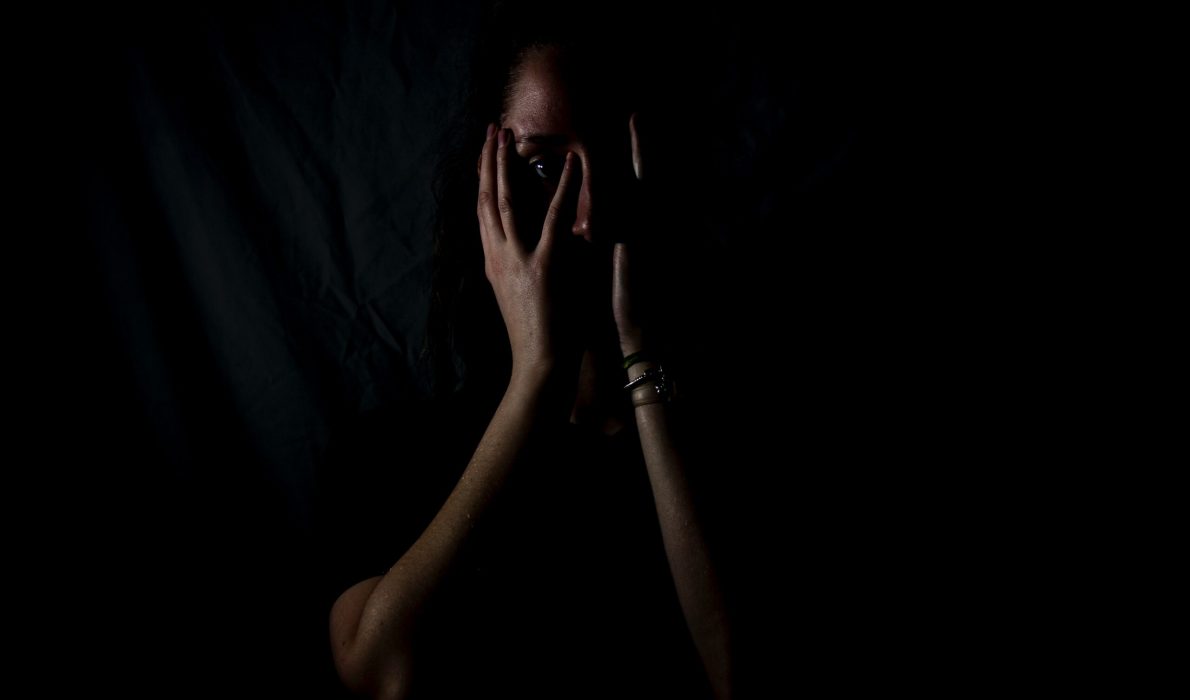We’ve all been there at some point in our lives – whether it’s related to a first date, a job interview or waiting for test results. Maybe it manifests in the form of sweaty palms, the inability to sleep or THAT feeling in the pit of your stomach. Anxiousness. Or, is it anxiety? How can we tell the difference?
Well, let’s consider that first date. All of us have experienced some level of anxiety when it comes to meeting someone over dinner for the very first time, however, those with anxiety disorder can’t even make it into the restaurant. And, while it is healthy to be anxious before the date, those suffering from an anxiety disorder can be overwhelmed days leading up to the event.
In fact, we all get anxious about certain events throughout our lives – like that first date – but the feelings will dissipate once the event has occurred. And while the feeling of being anxious may not always be a welcome one, it is both healthy and normal and can help us stay focused or even make better decisions. While the initial feelings of anxiety and anxiousness can be the same, those who suffer from anxiety disorders will tend to be anxious constantly. When your thoughts are overtaken by anxiety on a continual basis, it is extremely different than just feeling anxious – it has the potential to manifest into a serious emotional and mental health condition that can be debilitating. If anxiety begins to disrupt a person’s normal routine, their relationships or professional lives, then it may be an indication of an underlying anxiety disorder.
There are several different types anxiety disorders that are categorized by the following: generalized anxiety, which is marked by an overwhelming and general sense of worry; social anxiety, which can make it difficult to interact with others and form healthy relationships; and panic disorders, which can elicit repeated, chronic or extreme episodes of panic and excessive worriedness.
So, what can you do about it?
If you feel you might have an underlying anxiety disorder, medication, stress-relieving activities like yoga or meditation can help, along with counseling. Gaining self-control over your feelings may take some time but talking and identifying what triggers your anxiety can help provide clarity and relief.
If you are concerned about an anxiety disorder, we can help. Contact us today to schedule an appointment.



